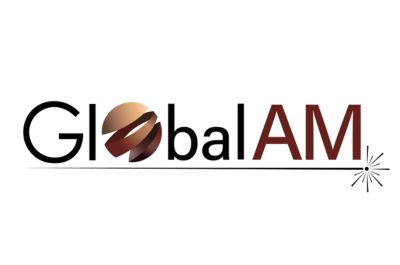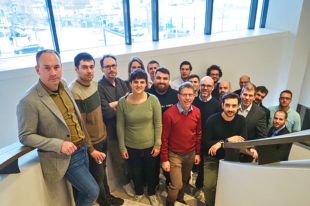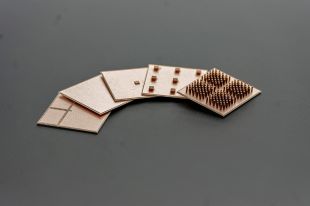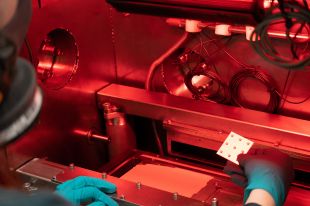
Although Additive Manufacturing processes for metals offer several advantages, including the production of complex and innovative geometries, their use in large-scale production of electronic components is still relatively limited due to high cycle times and limitations in terms of tolerances and product quality.
A hybrid production approach, where complex components are produced with near-net-shape geometries leveraging the flexibility of Additive Manufacturing from substrates made with traditional techniques, can significantly accelerate the production process and open new opportunities in this sector.
GlobalAM aims to combine cutting-edge solutions in this direction to develop a high-productivity and high-quality process. These solutions include in-situ monitoring and in-line control techniques for laser powder bed fusion (L-PBF) processes, simulation and process optimization through beam shaping, and new system automation concepts to enable efficient large-scale production.
As a demonstrator, a power electronics cooler was chosen because it encompasses many of the most challenging features, such as complex copper geometries built on ceramic-based multi-material substrates, with very stringent quality and tolerance requirements.
By demonstrating the ability to overcome these technological barriers, GlobalAM aims to introduce a new approach to Additive Manufacturing in a market like mass production for power electronics, which is worth billions of euros, with benefits that are not only technological but also economic and related to production sustainability.
To achieve this goal, an international consortium has been created, including experts and leading companies in the field of electronic component production (Bosch), L-PBF systems production (Prima), development, modeling, monitoring, and control of the additive process (Politecnico di Milano, Technical University of Denmark, and University of Kassel), as well as advanced powder production (Safina and Amazemet) and product lifecycle analysis (EurA).
The Department of Mechanical Engineering of Politecnico di Milano is involved with a research group composed of Bianca Maria Colosimo, Marco Grasso e Matteo Bugatti, aiming to develop high-resolution in-situ measurement techniques, in-line process monitoring for rapid and effective anomaly and defect identification, and new adaptive control methods oriented towards the production of advanced multi-material zero-defect components.
The project, funded under the HORIZON-CL4-2023-TWIN-TRANSITION-01 program, has a duration of three years. The kick-off was held in January 2024.



